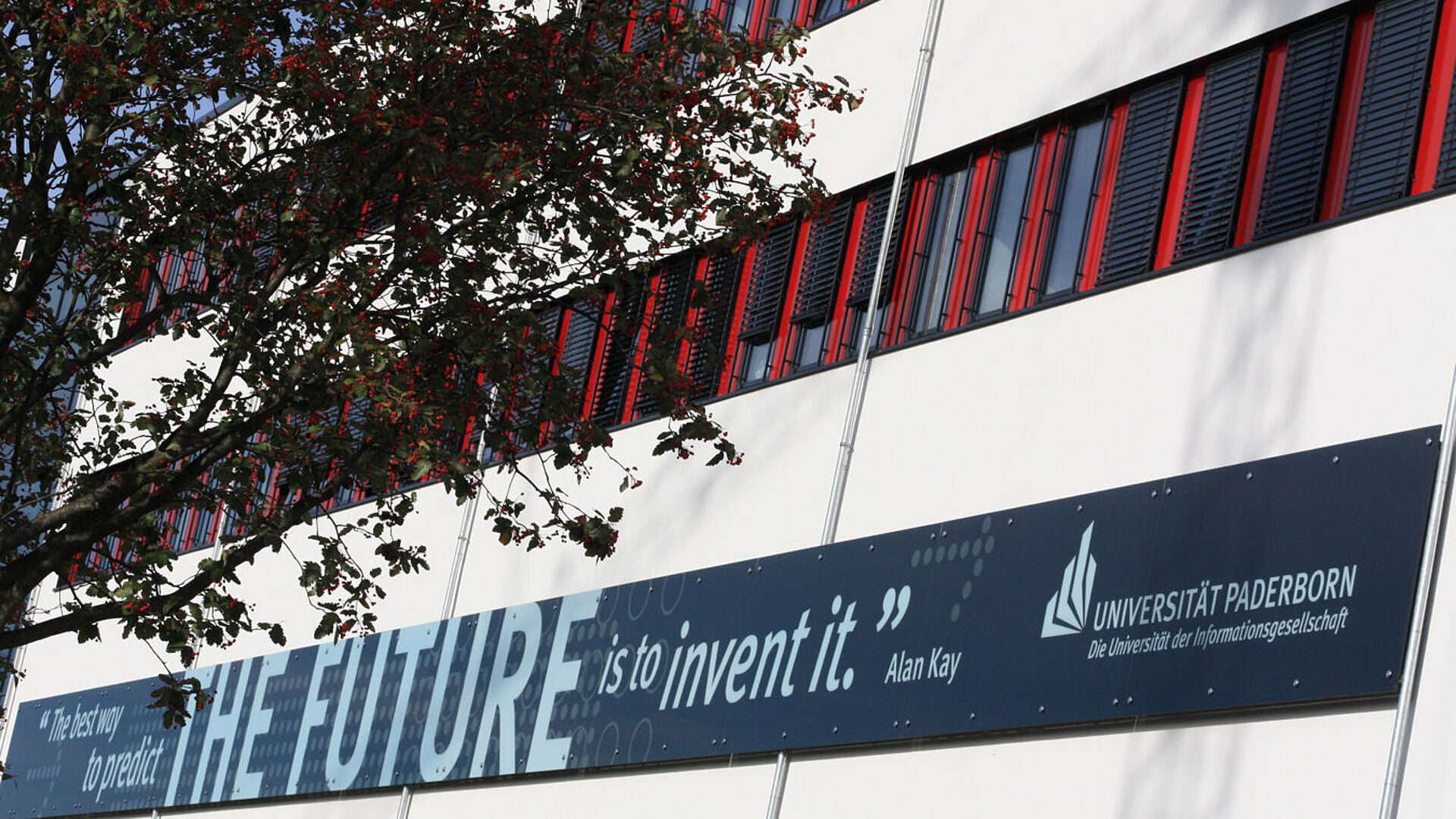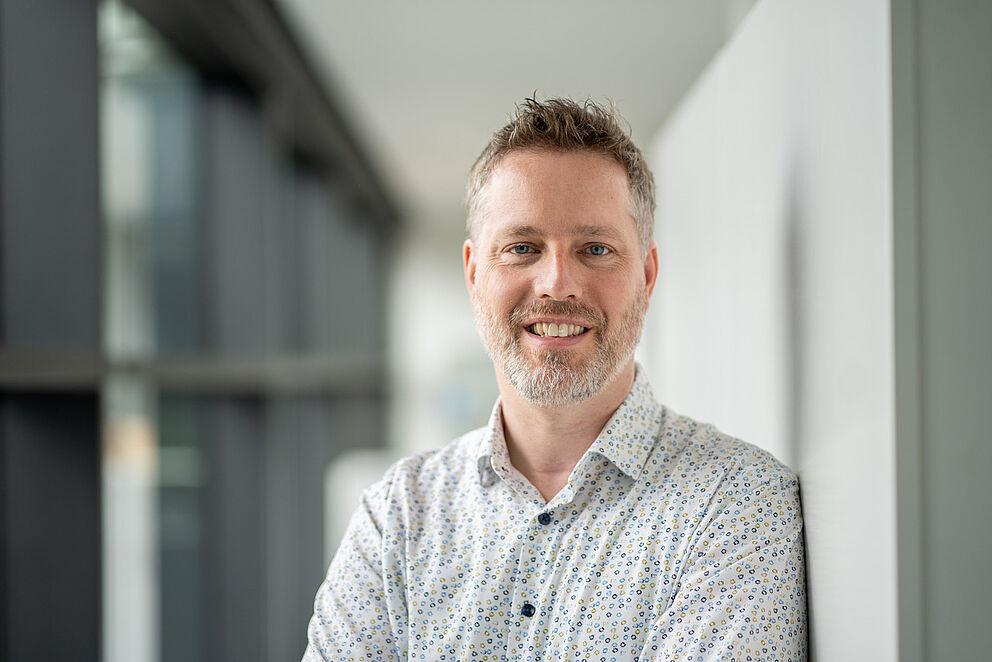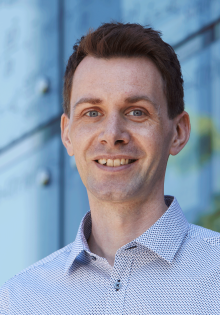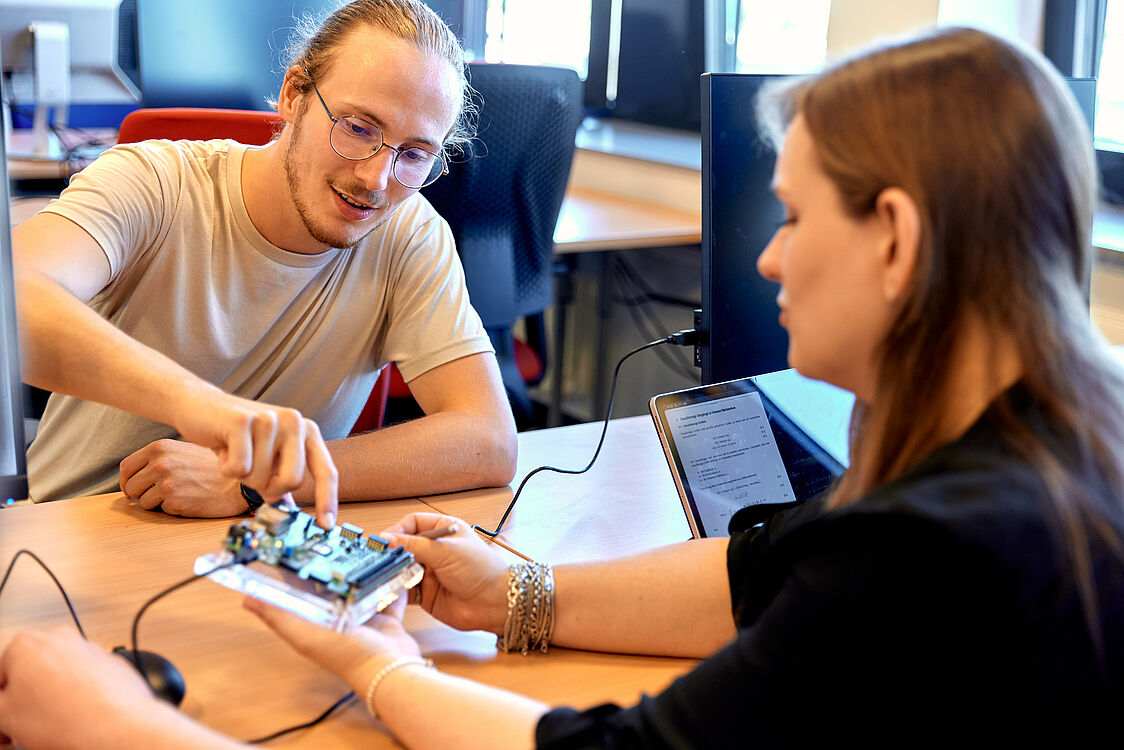The Paderborn physicist and chairman of the Center for Optoelectronics & Photonics Paderborn (CeOPP), Prof. Dr. Thomas Zentgraf, was selected as a Fellow at the Max Planck School of Photonics. The Max Planck Schools aim to make graduate training in Germany more attractive for internationally outstanding doctoral candidates. Particularly renowned researchers in a field have come together to pass on their knowledge to young academics. The schools act as central networking points for the future generation of scientists. Often the best scientists in a research discipline in Germany are located at different universities and non-university research institutions across the country, which can prevent the active exchange of research.
The Max Planck School of Photonics, at which Prof. Zentgraf has been a Fellow since February, is a nationwide graduate school financed by funds from the Federal Ministry of Education and Research. In the doctoral program, outstanding students with a master’s degree are accepted by a fellow within the network. The course closely connects all stakeholders through coordinated workshops and advanced training programs. The team around Prof. Zentgraf deals with new types of nanostructured materials concerning their applications in integrated optical holographic elements and the optical cryptography of data.
In the “Optoelectronics and Photonics” profile area, the University of Paderborn has focused its research on the physical principles and applications of optical technologies for several years. Innovative concepts from quantum optics, coherent optics, ultra-fast nano-optics, and optoelectronics are in the focus of recent developments. The aim is to establish new information technologies based on nonlinear light-matter interaction and quantum effects. Here, the Max Planck School of Photonics helps to connect the research to leading researchers within Germany.


![[Translate to English:] [Translate to English:]](/fileadmin-nw/_processed_/b/2/csm_News_2021-01-26_zentgraf-ceopp_68b24dc34a.jpg)


